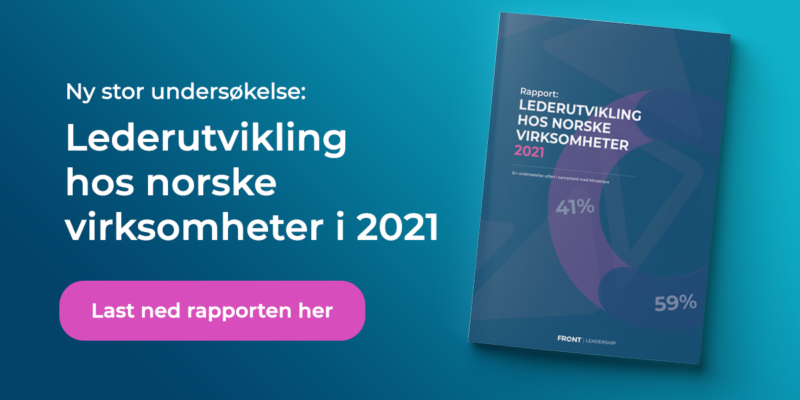In connection with the launch of the new name, FRONT Leadership arranged a panel interview with senior executives from well-known and high-profile companies. Here they shared their experiences from a different and challenging year with the pandemic. Skilled leaders with long experience in the HR profession participated in the panel:
Kathleen Mathiesen, CHRO & Internal Communication, Grieg Seafood
Katrine Kalelic, SVP - Head of Leadership, Talent & Team development, DNB
Caroline Horn, organization director, Sparebank 1
Live Empty, Head of Leadership & Learning, Storebrand
Glenn Ruud, Global Learning & Development Director, Wilhelmsen Group
By Marte Semb Aasmundsen
Leaders at the forefront - distributed around the worldthe
Glenn Ruud of Wilhelmsens Group believes it's important to remember that managers are not immune to what's happening; they have also experienced first-hand the challenges posed by the coronavirus. "Managers should be at the forefront, leading by example, which is why we need committed managers who are able to lead and guide employees through crises. He states that the pandemic has brought about a radical change.
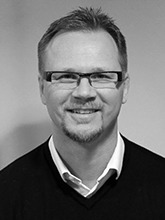
Glenn Ruud Global Learning & Development Director, Wilhelmsen Group
These are not always ideal conditions for working from home. As an international company with managers distributed around the world, leading through the pandemic has been very different for our managers. The positive thing has been that we have gained a unifying force around our values, that we stand together," says Ruud.
A hybrid everyday life
What does the future look like after COVID-19?
Live Leer at Storebrand expects that in the future we will move from the "either/or" situation we have often had in working life to a more hybrid working day. She believes there will be a more fluid working day where everyone is more in and out of the office. There will be more room for home offices and digital meetings, but that we will appreciate the social meeting places we have in the workplace more. She points out that research suggests that we will have expectations about what we want to do, where and when, and that we can control our own working day to a greater extent than before.
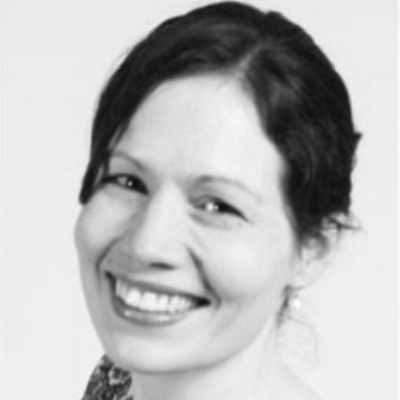
Live Leer
Head of Leadership & Learning, Storebrand
A crazy digital boost
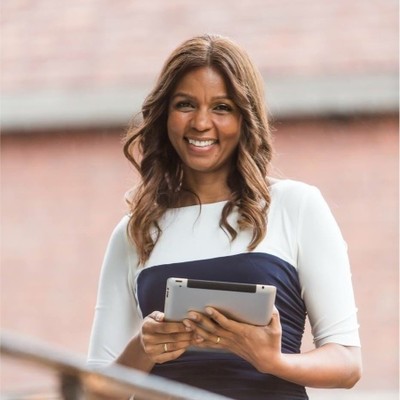
Kathleen Mathiesen
CHRO & Internal Communication, Grieg Seafood
"For us, it's been two-sided," says Kathleen Mathiesen of Grieg Seafood, pointing out that in a food production company, there are big differences in how employees have experienced restrictions related to the coronavirus. "The working day of those who have been out at sea has probably not been as affected as for those working from home.
"We've had a huge digital boost, and flexibility is here to stay. A number of new issues have emerged, redefining the culture and the way we work," she says.
She goes on to say that questions about the new normal, what their management rights are, and what the future looks like have arisen. At the same time, there are many things that haven't changed, such as the basic need to be followed up and to be seen. Managers have a huge and demanding responsibility. In an open-plan office, managers are more able to pick up on what's going on, so more is required of them when it comes to finding meeting points - whether it's a walk at a distance or an extra digital chat.
Much that remains unanswered
Katrine Kalelic at DNB says that the past year has given them a crash course in leadership.
Our management strategy is based on the principles of "let go - seize opportunities". This mutual interaction is important for us to achieve. The leadership role has become more demanding, and there are several reasons for this. The pandemic has shown us that there are so many things we don't know. We can't predict the future, so we need to train for different scenarios and learn as we go, and prepare, empower and support our leaders in a post-corona phase," says Kalelic.
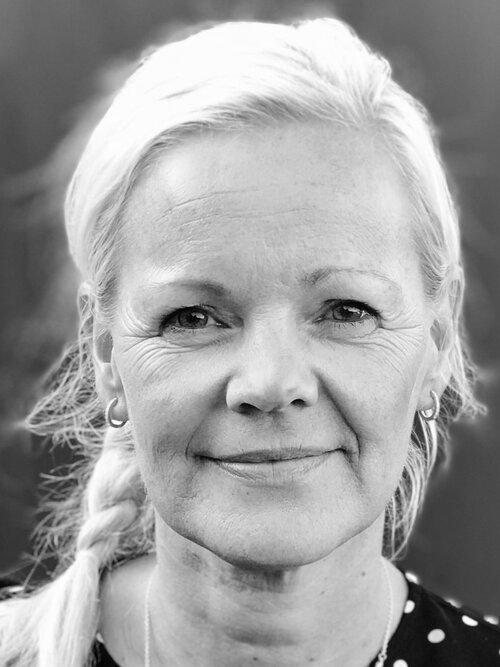
Katrine Kalelic
SVP - Head of Leadership, Talent & Team development, DNB
DNB has already announced that employees will work three days in the office and two days at home for those who can.
"We want to have people in the office and believe it is valuable, but we also want to provide flexibility and freedom as we see that it has worked for most people. There are still a lot of unanswered questions, but we have a clear idea of the way forward and hope to have this in place before the summer," she says.
Ruud at Wilhelmsen adds that companies need to think carefully, as many people have had new experiences and acquired new habits during this time. This can result in losing some of the best employees if what management introduces as "the new normal" conflicts with the way the employee imagines they want to work.
Handling leadership in a whole new way
Caroline Horn at Sparebank 1 has seen middle managers being pulled in all directions and having to deal with management in a completely new way. You don't pick up on signals, nuances or culture in the corridors. Nevertheless, the feedback has been somewhat surprising, as many say that they have become even closer - for example, you can enter your colleagues' living rooms and see each other's children. She says that for Sparebank 1, the focus will continue to be on how management facilitates flexibility, continuing to build trust and interaction.
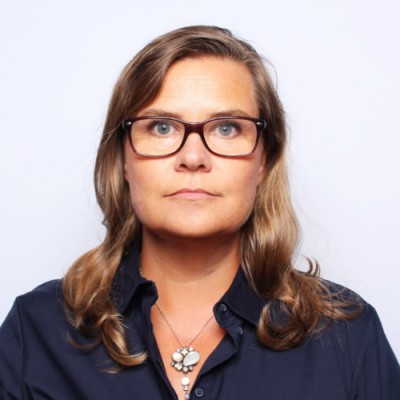
Caroline Horn
Organization Director, Sparebank 1
Ruud at Wilhelmsen says that they have been very concerned about maintaining the foundation of the business. He mentions physical health, mental health, diet and social contacts as important factors to focus on.
"I think those who were good at management before the pandemic have come out of it stronger and become even better," he says.
Leer at Storebrand believes that leadership development is not just about learning. She mentions that networking is an important factor, and that the leadership role must be earned. "We have come a long way in terms of what the environment expects leadership development to be, which she believes is a very good thing. Leer believes that many people will be more critical of their own time, with regard to work travel after the pandemic. "What are you going to tolerate going to a hotel for two days away from your family," she asks, adding that it's different if it provides a full network effect as it's incredibly important.
Adapt the work situation individually
People should be treated equally, not the same," says Leer.
Kalelic at DNB adds that it will be easy to fall back into old habits, and that management must ensure that they stay within a new way of working by bringing old and new productive habits with them.
When we've been working at home for a year, we've adopted new habits, and then we need to bring this together in the office and get a new starting point. I think it's important to focus on the strategic aspects of where we're going and what we want. It's about seeing each person's individual needs and adapting accordingly.
Horn at Sparebank 1 Utvikling says that there are many expectations about how flexible the work situation should be, and it's up to managers to build employee ownership. "You need to be available and visible to employees regardless of their work situation.
Development of leadership skills
Ruud sees the importance of broader leadership development for all managers, not just senior managers. At the same time, leadership development is something that never ends.
As long as you work at Wilhelmsen, you will always be developing. It's about more than learning.
Several of the managers agree that the development of leadership skills is different now compared to before the pandemic. Technology-supported leadership development has been a goal for the future, but the pandemic has contributed to a faster development in the field.
A recurring theme in the panel was the importance of sharing experiences across departments, which can provide a basis for greater trust within the company. This is regardless of whether it is digital or physical, but the results of digitalization are largely increased productivity. All of the participants believe that there will be a hybrid everyday life with digital meetings at home combined with physical meetings at the office.
